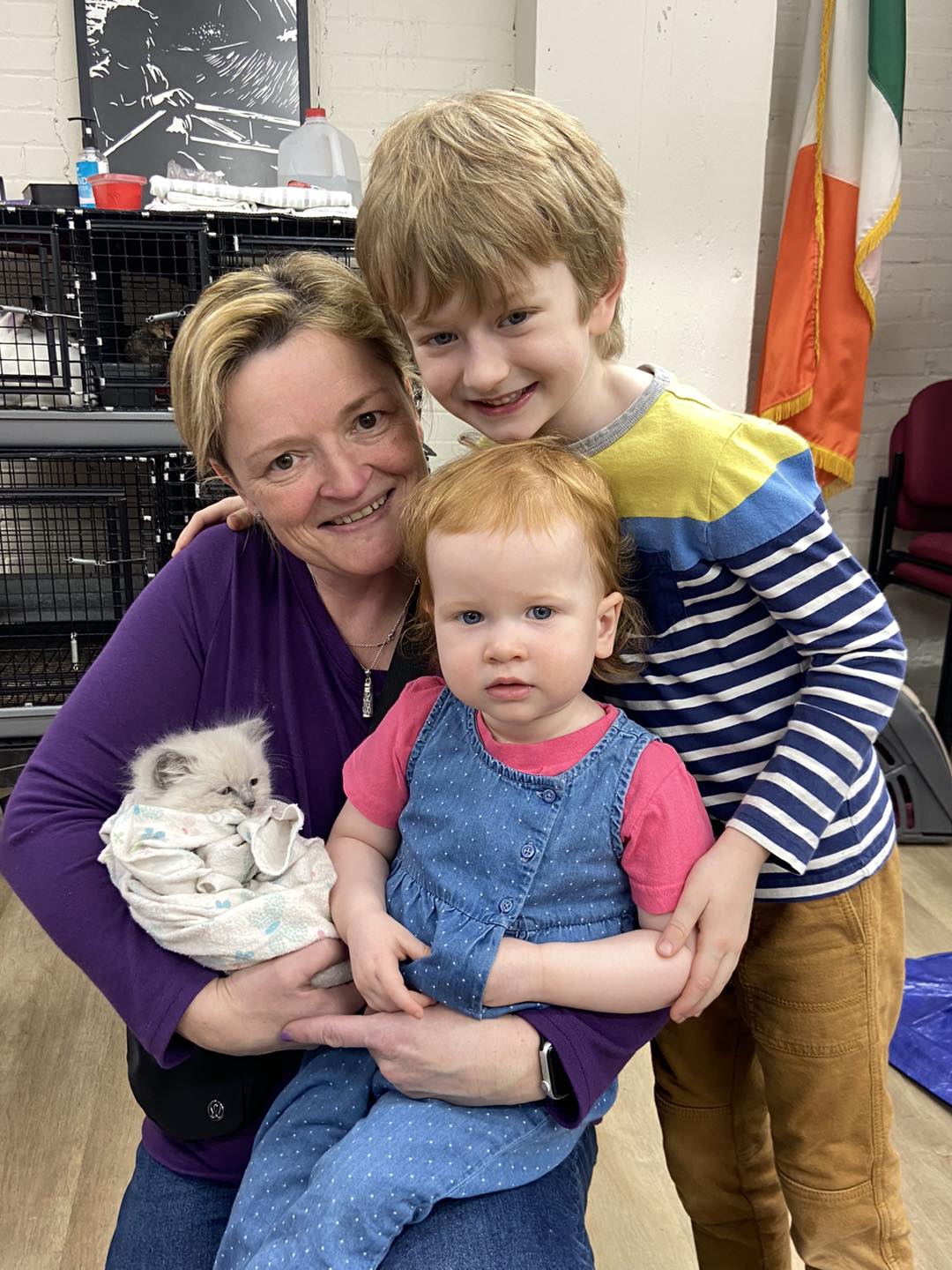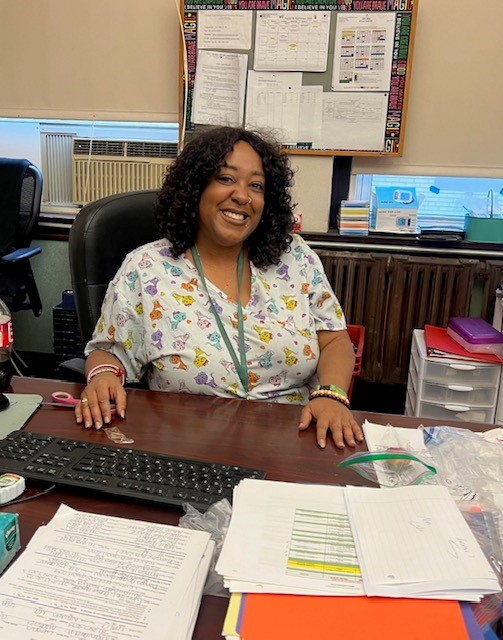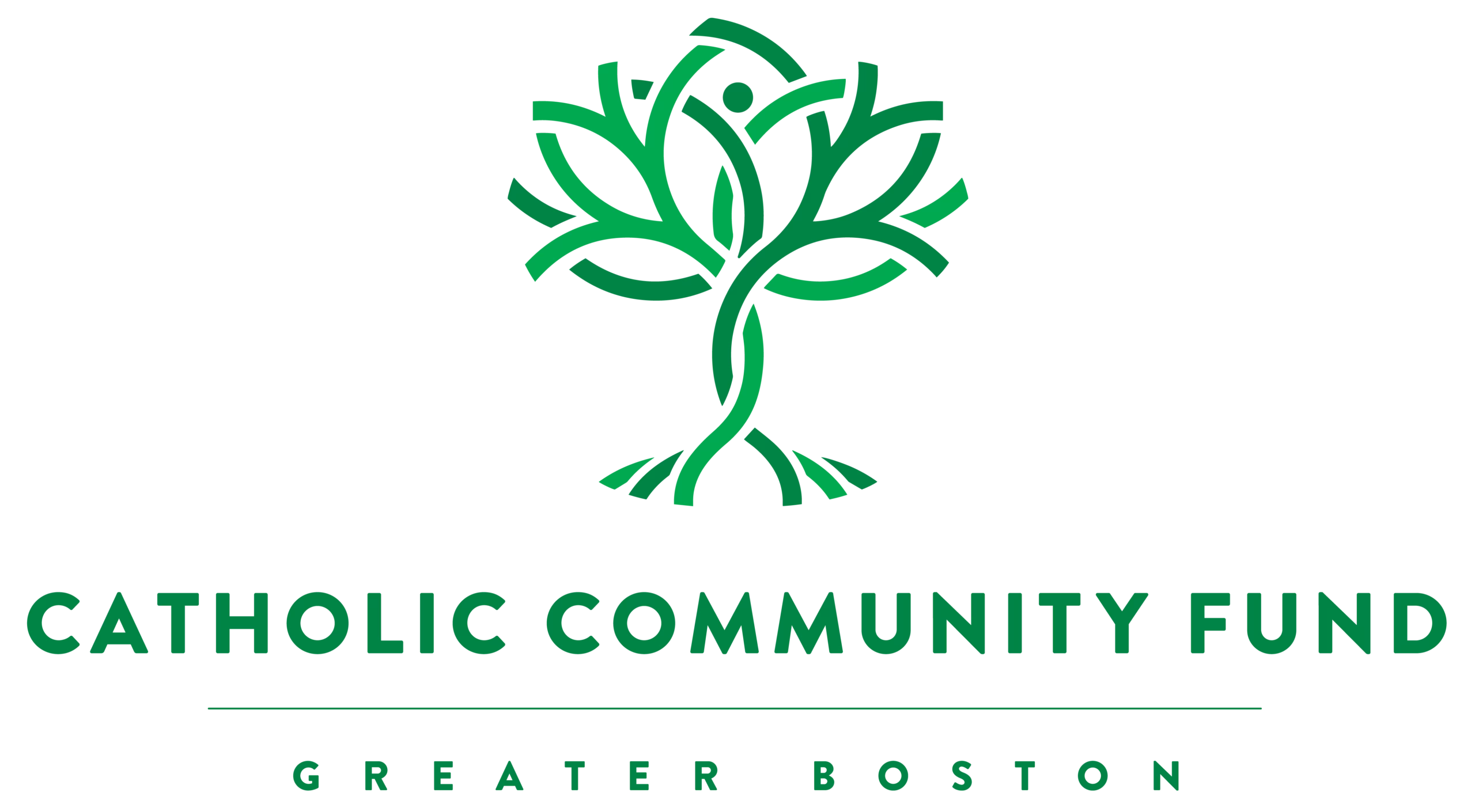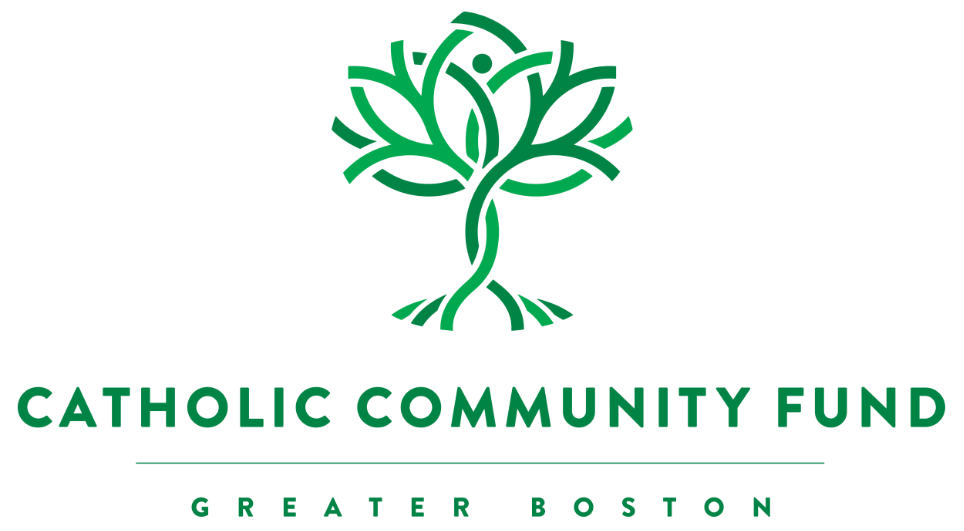Another day, another headline. The surge in mental health issues among all ages continues to climb in the United States. And when it comes to diagnosing and treating mental illness in adolescents, the challenge is one of the greatest in contemporary mental health practice.
On the front lines in the battle against mental illness in Massachusetts is Maria Droste Counseling Services (MDCS). Located in Quincy, MDCS was founded by the Sisters of the Good Shepherd in 1992 and was led by Sr. Lorraine Bernier for over 20 years. Continuing her legacy as the first lay executive director has been Michael Shanahan and a team of highly qualified, highly dedicated counselors and support staff. Michael remembers meeting with Sr. Lorraine just days before her passing. “She clasped my hand in her two hands and said, ‘We’re going to make this work.’”
For ten years, Michael and his team have been “making it work” by maintaining MDCS’s philosophy of service to the community, upgrading the quality of counseling, and advancing the organization’s reputation in the community.
About 75% of the clients seen at Maria Droste are young women, most of whom are single parents with young children. About half of the clients are involved with substance abuse and many fall within the categories of undiagnosed and untreated mental illness. “Every time someone calls our number, it is a desperate call,” says Stacey Campbell, Director of Operations. “We receive about 50 calls a month and schedule around 7,000 therapy sessions a year. We get the full gamut of clients who can pay in full and those who cannot contribute much at all.”
With the help of a grant from the Catholic Health Foundation, Maria Droste has added a second full-time counselor to offer treatment for youth aged 5-18. This, says Ms. Campbell, has helped MDCS offer a work culture that encourages practitioners to prioritize urgent care clients. “We have been fortunate throughout the years to receive CHF support. That support has helped to strengthen our mission to be able to care for many people in need.”
Prior to the pandemic, improving mental health care for youth lagged well behind other health care practice reforms. But now, it has become very clear that the Covid pandemic caused a drastic downturn in young people’s mental health and exposed (and exacerbated) pre-existing flaws in mental health services. “Between 2016 and 2020, the percentage of children ages 3–17 in Massachusetts who had anxiety or depression jumped from 12.2 percent to 18.4 percent, a 50 percent increase, which is nearly double the national increase of 25.5 percent over the same period.”[1] The pandemic only accelerated the growing demand for mental health services among children in Massachusetts.
The stigma of mental health- while lessening – also still has a tight grip. Meghan Earle, MDCS Clinical Intake Coordinator and Outpatient Therapist, noted that while generational attitudes toward seeking therapy are evolving, stigma is still very much “a thing.” “The younger generation is much more open and willing to talk about their mental health struggles and their desire for therapy but there is still a stigma. It’s this silent unseen thing. This has been the ongoing struggle with development and mental health. If you’re not healthy, how can you get a job? How can you improve your life? We want our patients to know that we’re in the struggle with them.”
With grants like those from the Catholic Health Foundation, Maria Droste is a nexus for rallying a positive collective response to mental health emergencies in the Quincy area. Their model of blending revenue from clients with health insurance with community financial support with treating clients who cannot afford pay has been successful in creating a sustainable plan and mission.
“Blessed Maria Droste was known for her compassionate work,” reflects Mike Shanahan. “There is a grace and a blessing in the way that we’ve come together in her name and in this community to continue the good work of the Sisters of the Good Shepherd. It’s all about holding one another’s hands through the storms of life. We are a light in Quincy – good people doing good work. We’re the real deal.”
The real deal, indeed.
[1] “A Focus on Health Care: Five Key Priorities for the Next Administration,” Blue Cross Blue Shield Foundation of Massachusetts, December 2022.





